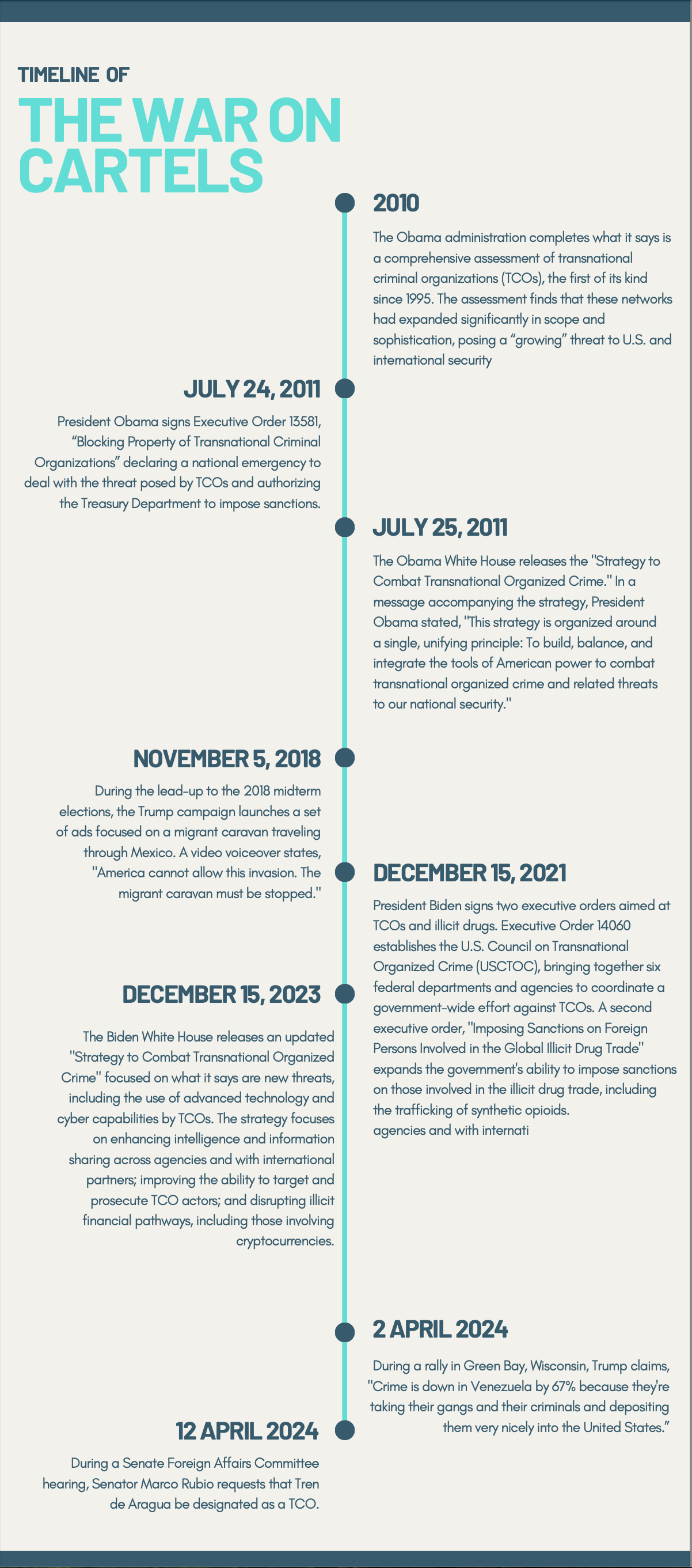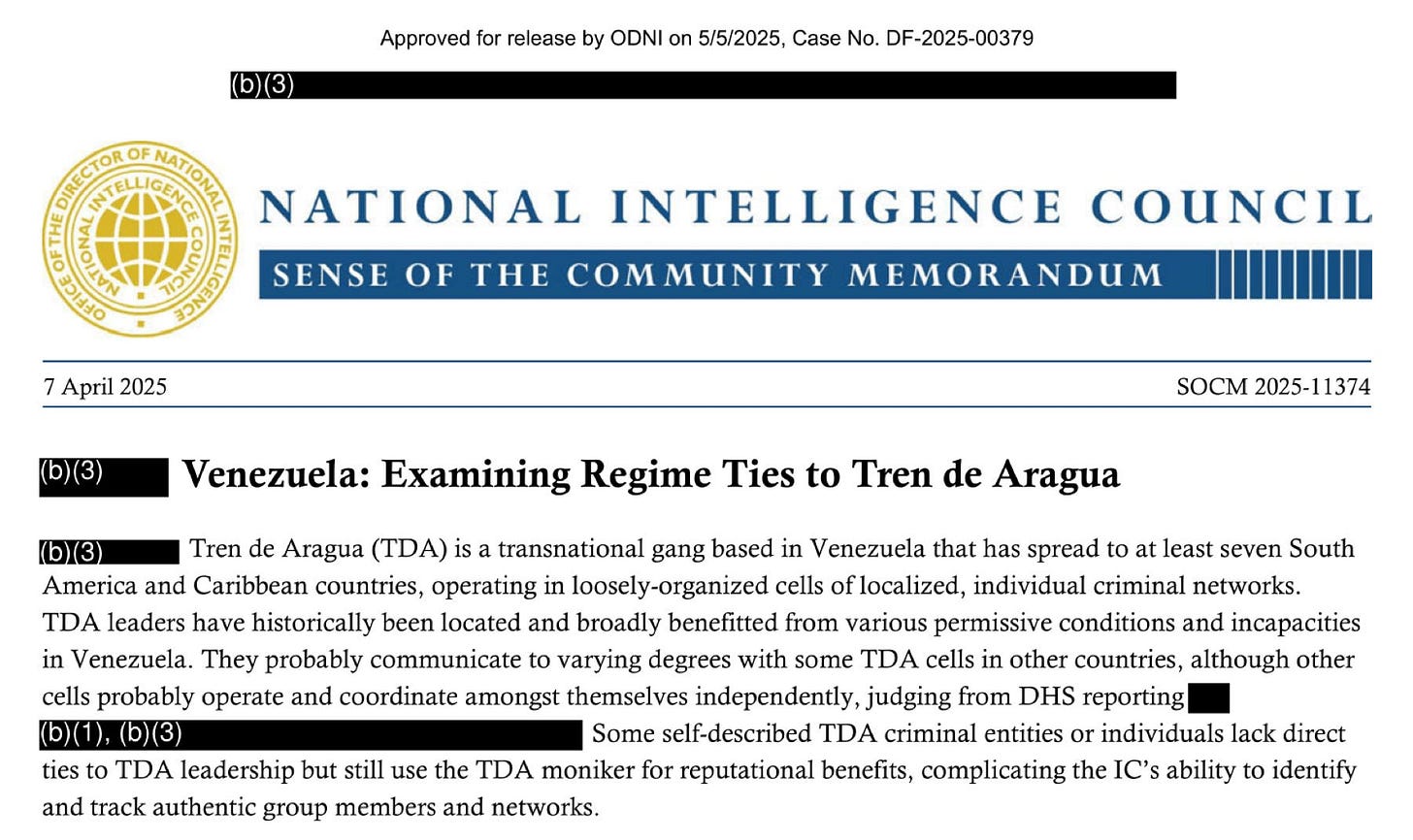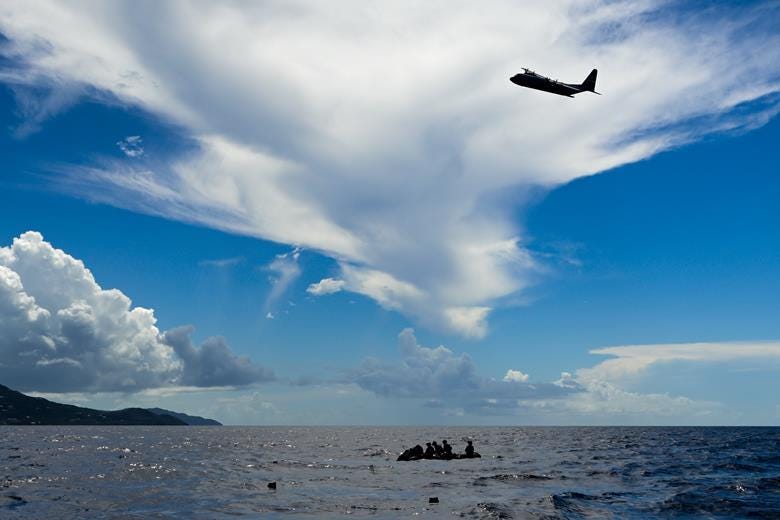 Air Force commandos approach St. Croix in the U.S. Virgin Islands to seize the airfield there as part of exercise Emerald Warrior in the last week of August | Defense Department
Air Force commandos approach St. Croix in the U.S. Virgin Islands to seize the airfield there as part of exercise Emerald Warrior in the last week of August | Defense Department
The Trump administration is weighing additional military options against Venezuela if the regime of Nicolás Maduro doesn’t step up pressure on drug cartels, military sources tell me.
Attacks could come if Venezuela threatens U.S. forces in the Caribbean, either by shooting down Venezuelan military aircraft or by bombing Venezuelan military airfields. This past week, Venezuelan air force jets buzzed Navy ships gathering north of Venezuela.
Disabling a military airfield is considered one of the lowest risk operations that could be undertaken if the decision is made to attack Venezuela itself, military sources say. Last month as part of the Emerald Warrior 25.2 war game, Air Force commandos rehearsed just such a mission, parachuting three miles off the coast of St. Croix before moving to Henry E. Rohlsen airport. The commandos cleared the runways, established perimeter security and took control of the tower “within minutes”, the Pentagon says.
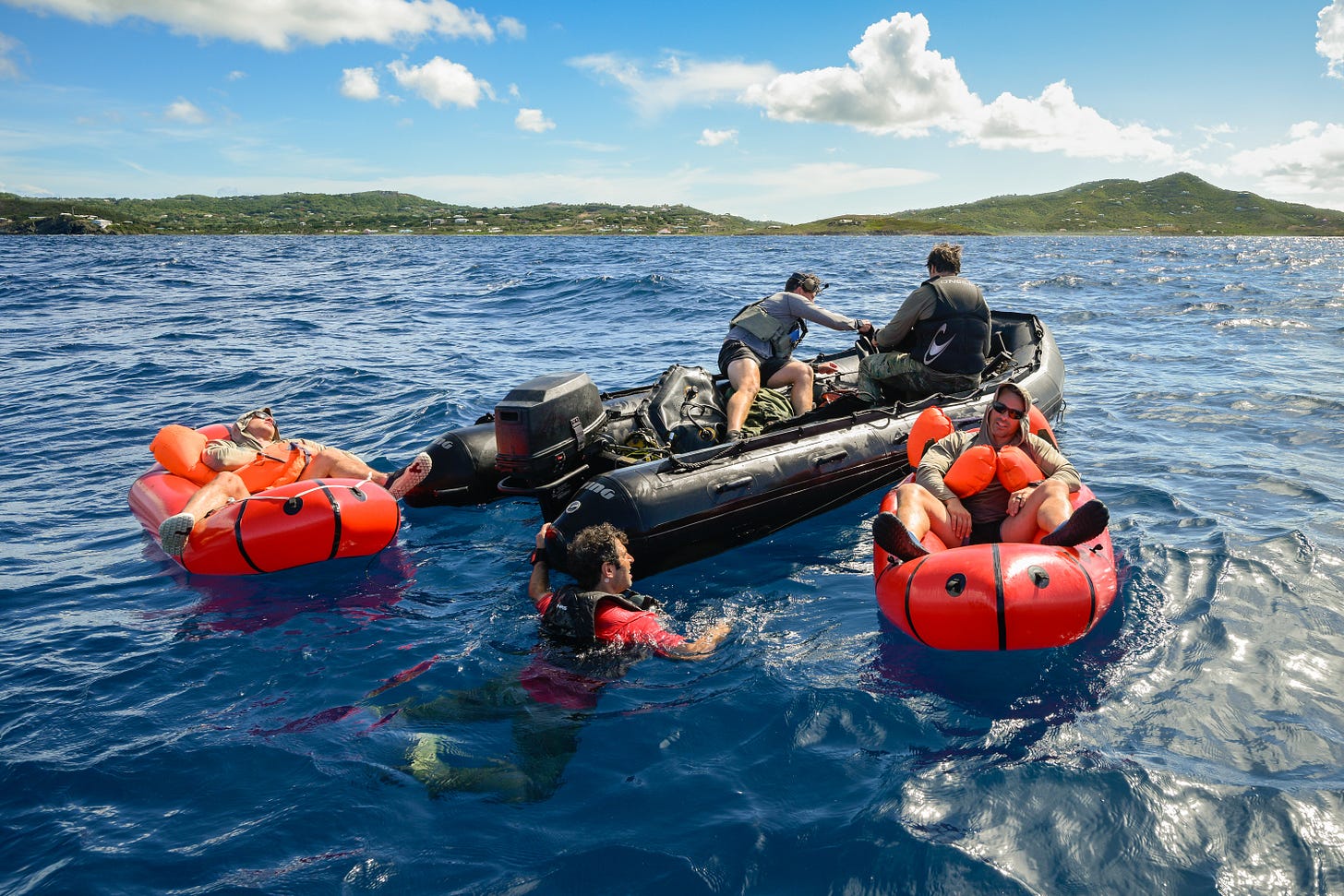 Air Force commandos practice seizing Caribbean airfield in Emerald Warrior exercise
Air Force commandos practice seizing Caribbean airfield in Emerald Warrior exercise
War Secretary Pete Hegseth and Joint Chairman Gen. Dan Caine arrived for a surprise visit in Puerto Rico on Monday to inspect U.S. preparations. (Marine Corps AV-8B fighter jets are deployed aboard the amphibious group at sea and Air Force F-35 fighter aircraft have also moved to Puerto Rico, positioning closer to the country.)
“It’s not if, it’s when,”Hegsethsaid, continuing:
“You’re on mission. Narco terrorists and drug traffickers are on notice. We will no longer allow the poisoning of the American people. And the full power of the American military — used precisely with a clear mission — will be used to ensure the American people are kept safe.”
Hegseth and Caine’s visit follow a military strike on a small drug boat in the Caribbean last week, which the Trump administration says was carrying members of the Venezuelan drug cartel Tren de Aragua. Hegseth’s claim that Americans are being poisoned is an allusion to the administration’s belief that the fentanyl crisis constitutes an “invasion,” justifying a military solution.
“A foreign terrorist organization poisoning your people with drugs coming from a drug cartel is no different than Al Qaeda, and they will be treated as such,” Hegseth said on the day of the boat strike.
Drugs, in other words, are this war’s WMD, as I’ve reported. (It’s literally been referred to as “Weapons of Mass Migration.”) And like with Iraq’s WMD, the national security establishment and intelligence community have taken years to get to this point, stretching back to the Biden and even Obama administrations.
While there’s no question that Tren de Aragua has trafficked fentanyl into the U.S., the Trump administration doesn’t just see a cartel chasing profits. It sees a Venezuelan state-sponsored plot to destroy America from within. Where did that belief come from? An internal Department of Homeland Security document produced late last year during the Biden administration and leaked to me offers the clearest picture.
The memo from ICE’s then-Acting Director Patrick Lechleitner is addressed to Rep. Lauren Boebert and states that “emerging information surrounding TdA [Tren de Aragua] triggered a renewed focus within ICE,” especially in Colorado.
ICE intelligence, developed by Homeland Security Investigations (HSI), Lechleitner says, has concluded “that members of TdA were establishing command and control centers in residential complexes in communities largely populated by Venezuelan nationals” in the United States.
“…ICE has been working with federal, state, and local law enforcement partners around the country, as well as the United States Attorney’s Office for the District of Colorado and the Colorado Judicial District Attorney Offices to identify, investigate, indict, arrest, disrupt, and dismantle TdA factions operating in Colorado.
More specifically, in September of 2023, HSI Denver, Colorado initiated an investigation into the violent Venezuelan TCO known as TdA. HSI Denver had developed information from confidential sources and law enforcement partners, indicating that members of TdA were establishing command and control centers in residential complexes in communities largely populated by Venezuelan nationals and other immigrant populations and perpetrating acts of violence as a means to threaten, intimidate, and maintain control.”
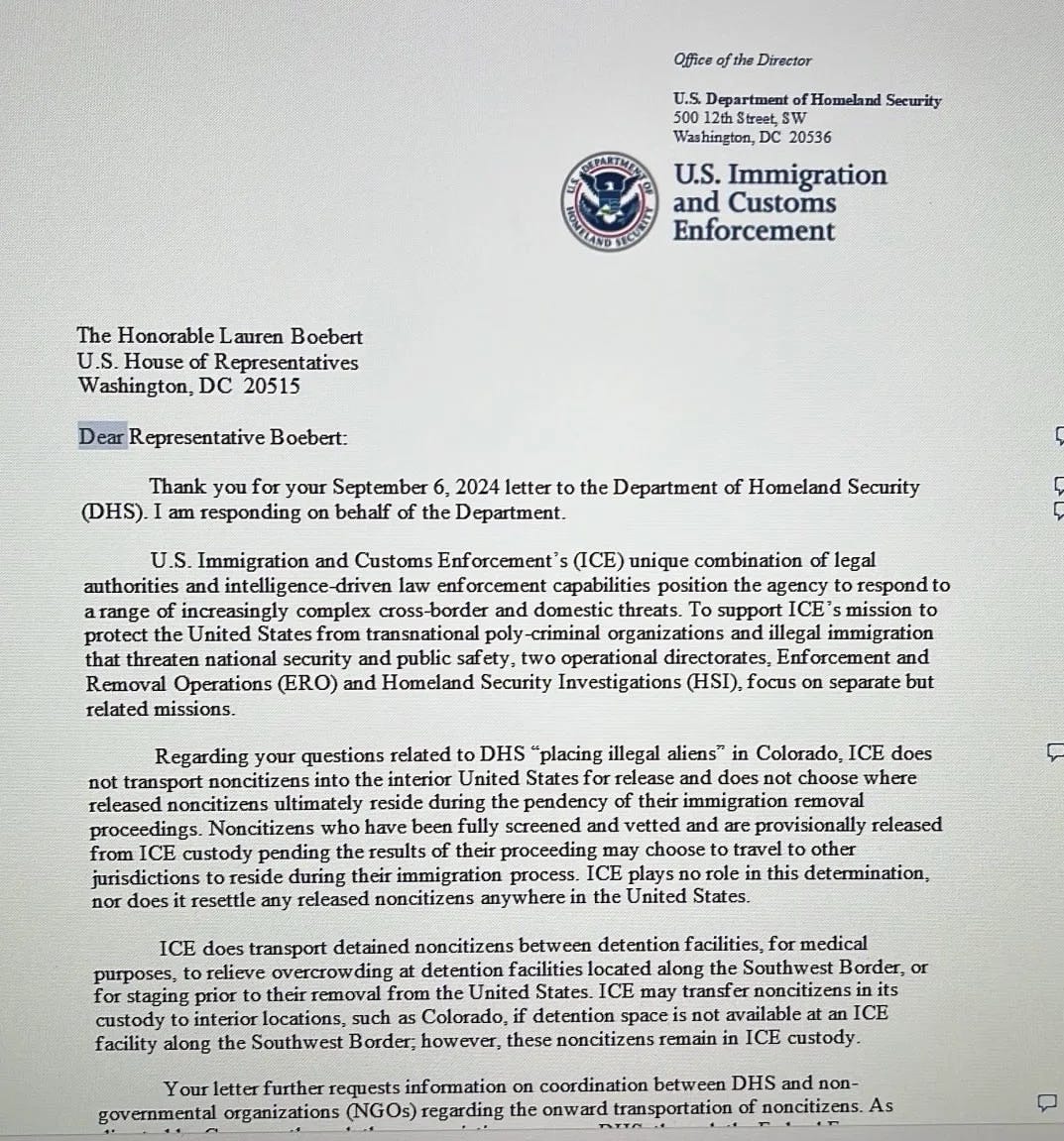 Leaked ICE letter to Rep. Lauren Boebert
Leaked ICE letter to Rep. Lauren Boebert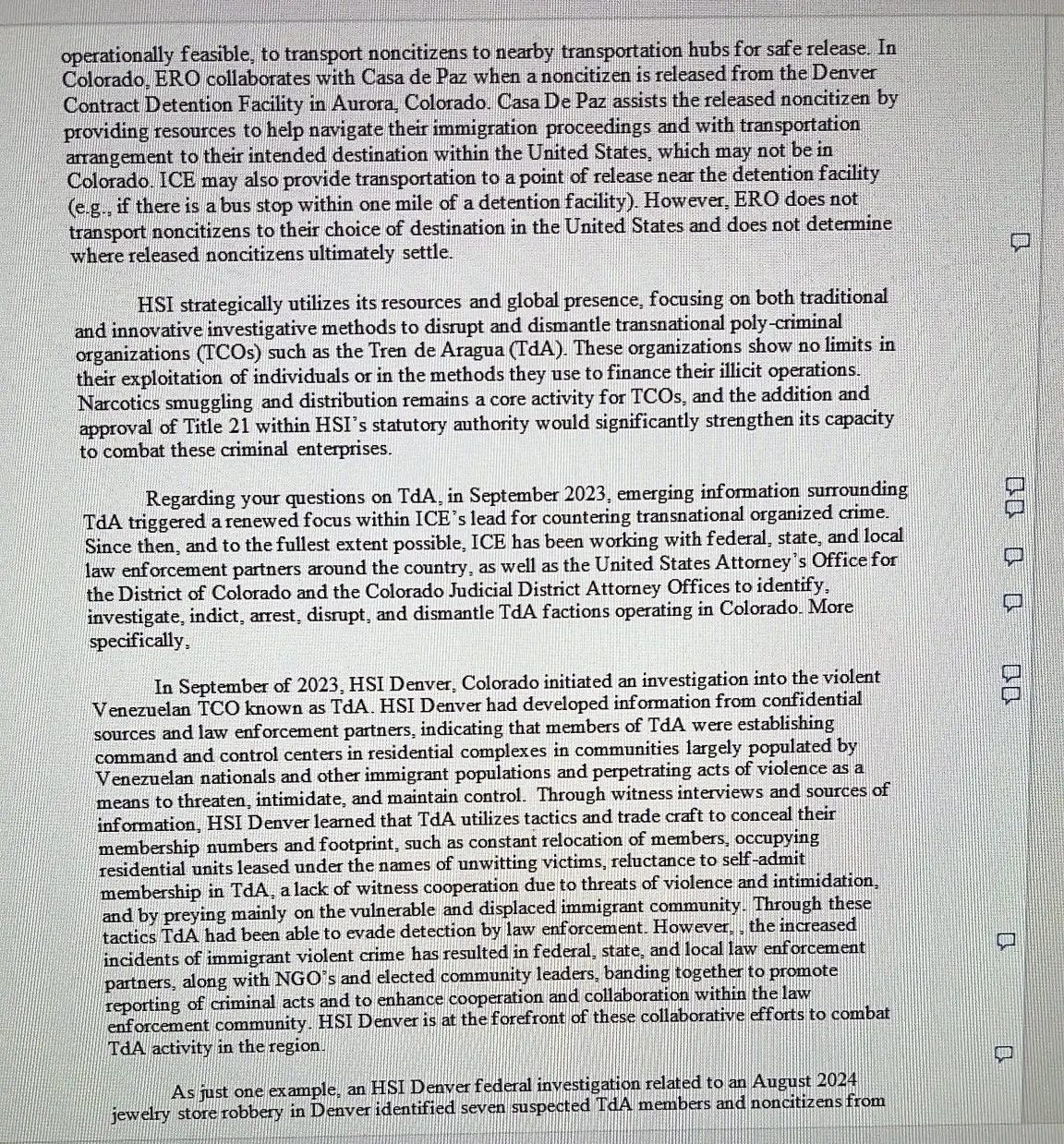 Leaked ICE letter to Rep. Boebert
Leaked ICE letter to Rep. Boebert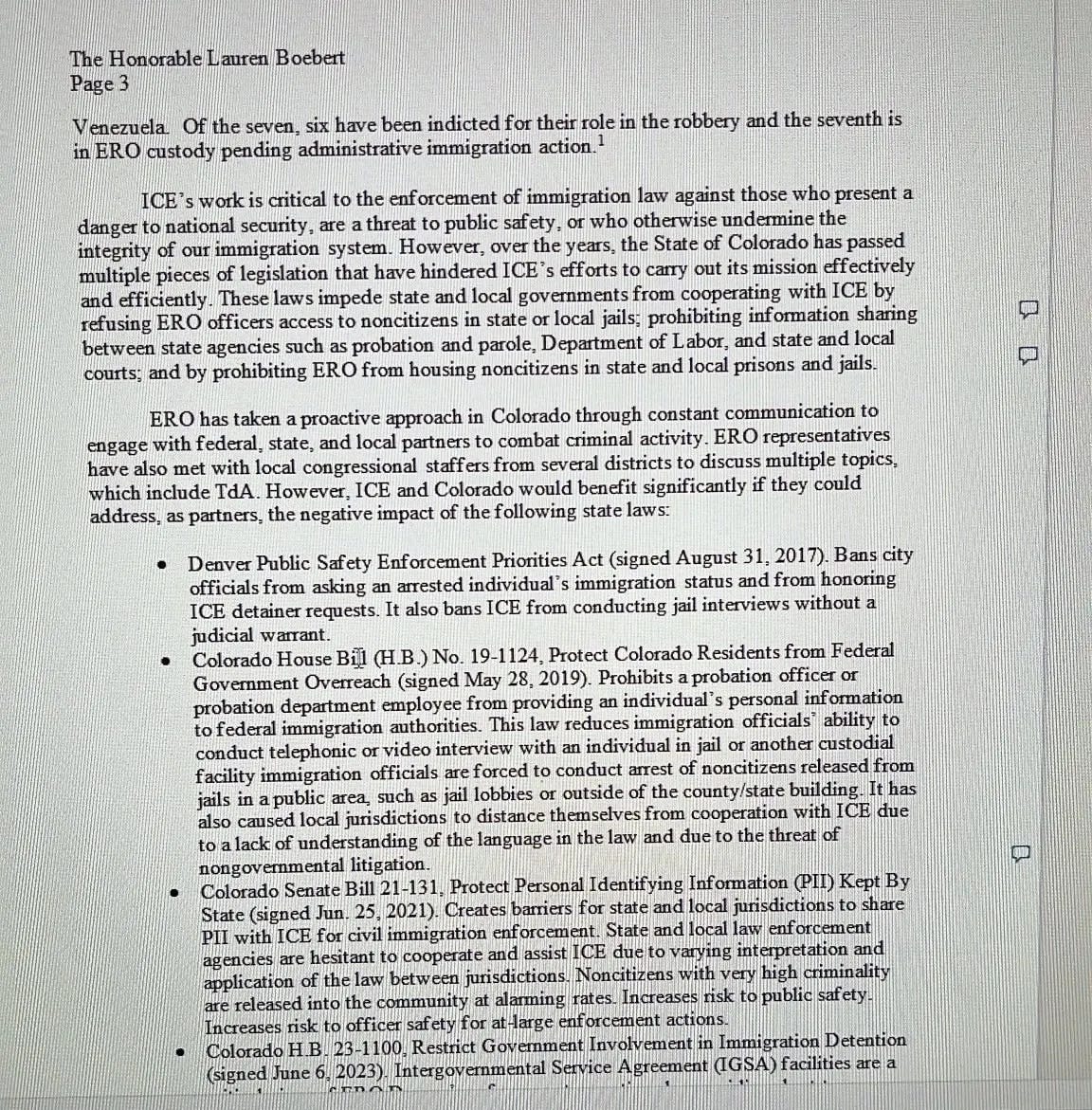 Leaked ICE letter to Rep. Boebert
Leaked ICE letter to Rep. Boebert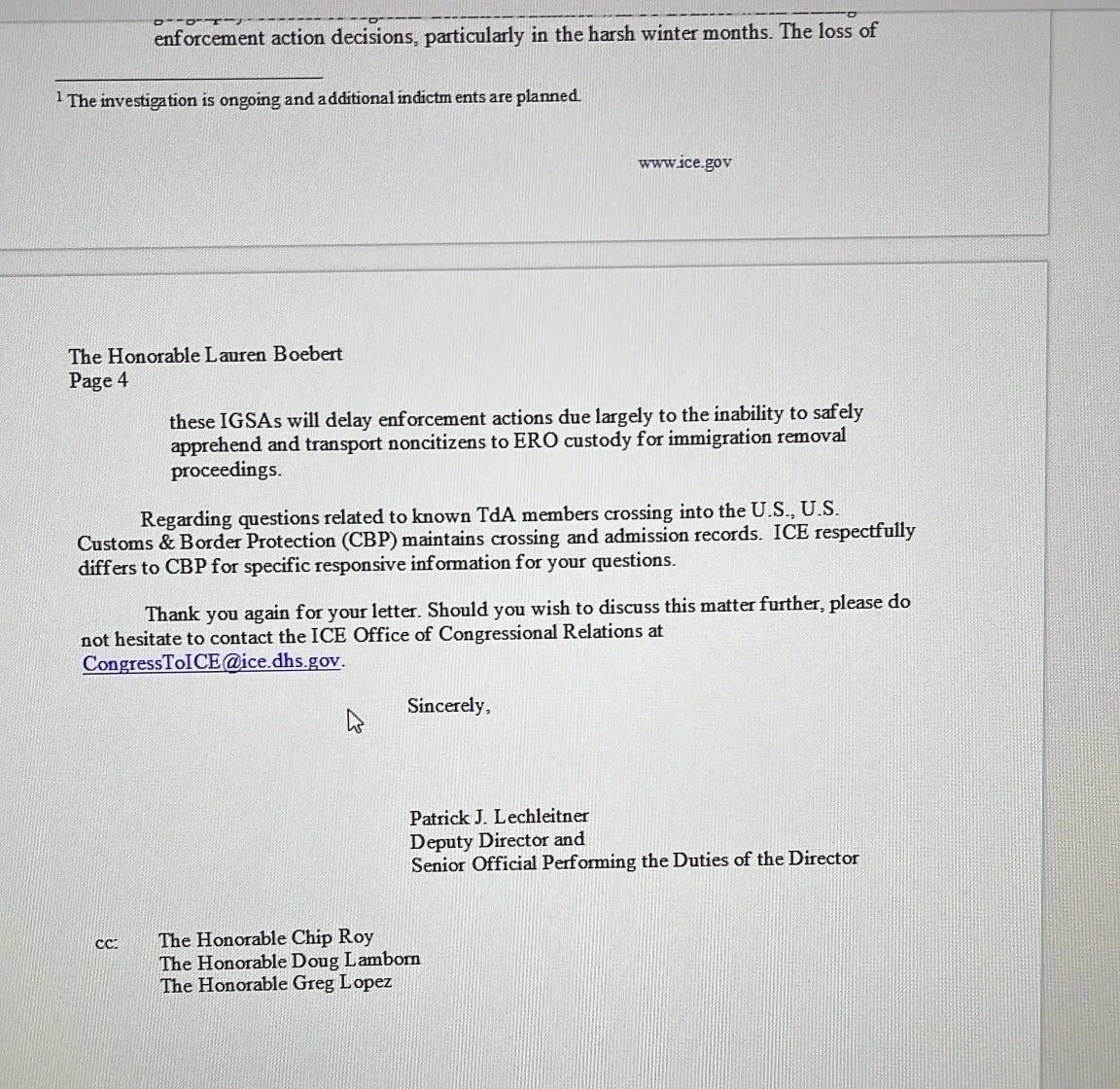 Leaked ICE letter to Rep. Boebert
Leaked ICE letter to Rep. Boebert
Command posts. It is language that invokes images of guerrilla camps nestled in American neighborhoods. At the top of a military chain of command is Venezuelan president Maduro (in the view of the Trump White House.)
Last month, the Justice Department offered a $50 million bounty for the arrest of Maduro, whom it describes as the head of TdA.
It’s not at all clear, though, that the intelligence community has backed ICE’s conclusions. A declassified assessment prepared by the National Intelligence Council concluded in April that the Maduro regime “probably does not have a policy of cooperating with TdA and is not directing TdA operations in the United States.”
Similar to the “debate” about Saddam’s WMD, Democrats in Congress are busy discussing whether the strike on a small drug boat was legal and complaining that they weren’t briefed on the operation.
The fundamental question — is there any evidence that the Venezuela government is directing fentanyl into the U.S.? — is hardly ever asked. And most importantly, would bombing Venezuela do anything to reduce the flow of drugs into the U.S.?
There’s a lot more to this story about the buildup to war with Venezuela that’s getting hardly any coverage. Please help me uncover more by becoming a paid subscriber.
— Edited by William M. Arkin
TIMELINE OF EVENTS:
2010: The Obama administration completes what it says is a comprehensive assessment of transnational criminal organizations (TCOs), the first of its kind since 1995. The assessment finds that these networks had expanded significantly in scope and sophistication, posing a “growing” threat to U.S. and international security
24 July 2011: President Obama signs Executive Order 13581, “Blocking Property of Transnational Criminal Organizations” declaring a national emergency to deal with the threat posed by TCOs and authorizing the Treasury Department to impose sanctions.
25 July 2011: The Obama White House releases the “Strategy to Combat Transnational Organized Crime.” In a message accompanying the strategy, President Obama stated, “This strategy is organized around a single, unifying principle: To build, balance, and integrate the tools of American power to combat transnational organized crime and related threats to our national security.”
5 November 2018: During the lead-up to the 2018 midterm elections, the Trump campaign launches a set of ads focused on a migrant caravan traveling through Mexico. A video voiceover states, “America cannot allow this invasion. The migrant caravan must be stopped.”
15 December 2021: President Biden signs two executive orders aimed at TCOs and illicit drugs. Executive Order 14060 establishes the U.S. Council on Transnational Organized Crime (USCTOC), bringing together six federal departments and agencies to coordinate a government-wide effort against TCOs. A second executive order, “Imposing Sanctions on Foreign Persons Involved in the Global Illicit Drug Trade” expands the government’s ability to impose sanctions on those involved in the illicit drug trade, including the trafficking of synthetic opioids.
12 December 2023: The Biden White House releases an updated “Strategy to Combat Transnational Organized Crime” focused on what it says are new threats, including the use of advanced technology and cyber capabilities by TCOs. The strategy focuses on enhancing intelligence and information sharing across agencies and with international partners; improving the ability to target and prosecute TCO actors; and disrupting illicit financial pathways, including those involving cryptocurrencies.
2 April 2024: During a rally in Green Bay, Wisconsin, Trump claims, "Crime is down in Venezuela by 67% because they’re taking their gangs and their criminals and depositing them very nicely into the United States.”
12 April 2024: During a Senate Foreign Affairs Committee hearing, Senator Marco Rubio requests that Tren de Aragua be designated as a TCO.
From Ken Klippenstein via this RSS feed



